The 7 most persuasive words in sales to boost your close rate
A few weeks ago we published an article called These Are the Worst 13 Words to Use During Sales Calls, According to New Data.
There are hundreds of articles that recommend the vocabulary to avoid in sales, but this was the first one to have hard data behind it.
I sense that’s what made the post popular.
Now, we have the sequel for you: Words that help you SELL.
Just as we did in the prior post, the data science team here at Gong.io analyzed north of 519,000 anonymized B2B sales call recordings using conversation intelligence technology.
Each call in the data set was recorded, speaker-separated, transcribed from speech-to-text, and analyzed using machine learning and natural language processing.
And just as we showed you the 13 words from that analysis that depress your close rates, I’ll now walk you through the 7 power words that top performing salespeople consistently use during their sales calls.
These are the words that came up for more than usual on deals that closed, and on designated top performers’ sales calls.
They have a tendency to increase close rates, and you’ll often see the top 20% performers in your sales force using them lavishly.
The only thing I ask of you is to use your judgment: don’t confuse correlation and causation.
P.S: We updated our research in 2021 and added these 5 words that sell. Get them now:
With that said, here are 7 powerful words to drive your next sales conversation.
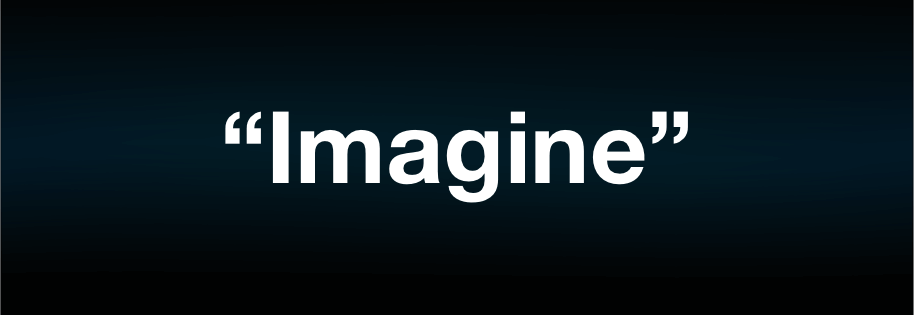
“Imagine”
The first of the words that sell is “imagine.”
This word proactively “activates” the other person’s imagination.
They begin forming a mental picture and rehearsing mental movies of future scenarios.
Telling your prospect to “imagine” something helps you direct their thinking toward a shared, win-win goal (when used ethically).
They’ll begin to experience the vividness of your solution’s benefits, and the “promised land” you aim to deliver to them.
Done well, they’ll experience a real rush of excitement and adrenaline as you paint a picture of a compelling future for them.
Of course, what really matters here is the directive you use after the word “imagine.”
Saying the word “imagine” in and of itself is not a persuasive sales word.
Telling a potential customer to “Imagine closing the gap between your top reps, and everyone else” sets a powerful train of thought in motion.
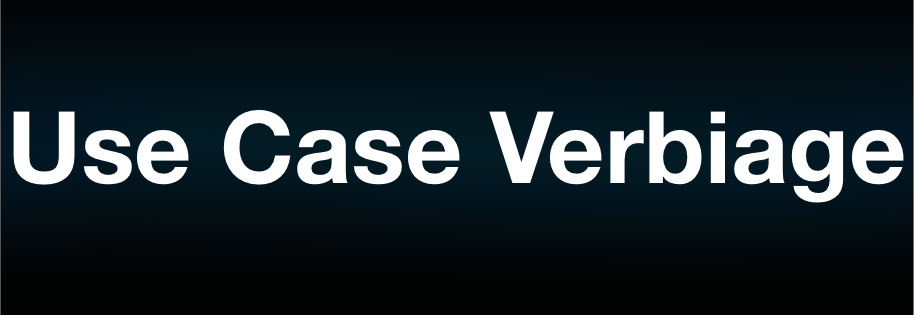
Use Case Verbiage
When demoing or presenting a product, the most successful salespeople will describe the job the product helps the customer perfor
m, rather than just describing what the product does or how it works.
Yes, you should talk about the greater benefits of your solution, the pain it helps customers avoid, etc.
But that context should be firmly set before you get into a demo.
When it comes to the actual demo, the words that sell are those that describe the valuable tasks and ‘jobs’ the product will help the customer do (that they can’t do well without it).
Here are some examples from our sales team at Gong:
- “Coaching”
- “Onboarding”
- “Diagnosing”
They are action verbs.
These power words describe use cases, jobs to be done, and tasks you can better accomplish.
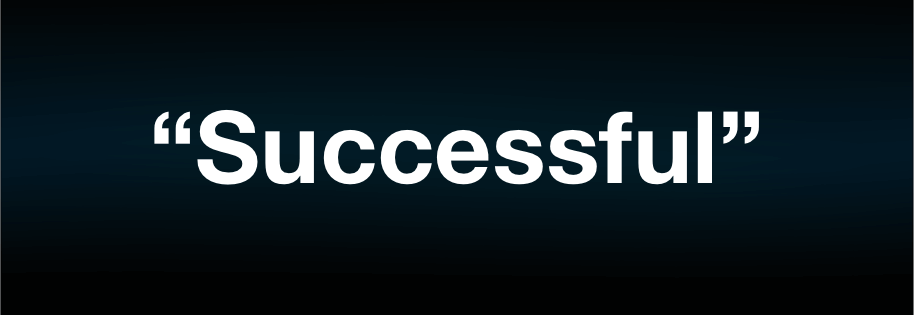
“Successful”
Top performers lavishly use this persuasive sales word, in many contexts.
They’ll typically say it between 4-6x per hour on their sales calls. And they use it in many varieties:
“Our support team is there to ensure you’re successful with the product.”
“Gong ensures your entire team is having more successful sales calls.”
“One of our most successful customers increased their close rates by 30% in 90 days.”
While “success” and “successful” mean many things to many different people, it does seem to have a tight correlation with getting B2B deals closed.

“Fair”
The word “fair” is one of the most powerful words in the English language.
Humans have a deep, innate desire to be perceived as fair. They also have a deep-seated desire to receive what is fair.
Chris Voss, in his amazing book Never Split the Difference, calls this the F-word, and claims it’s the single most powerful word in any negotiation.
One thing to note about the analysis: the usage frequency of this word is low.
But what makes it unique is that top performers use this word 1.7x per deal (i.e. all calls that span one deal), while everyone else uses it 0.2x.
The takeaway is to understand the word’s power but to use it sparingly.
A great way to use it to move a deal forward to the next step.
“I’m happy to walk you through this demo. The only thing I ask is that if you think this makes sense, we schedule a concrete next step at the end of this call. Is that fair?”
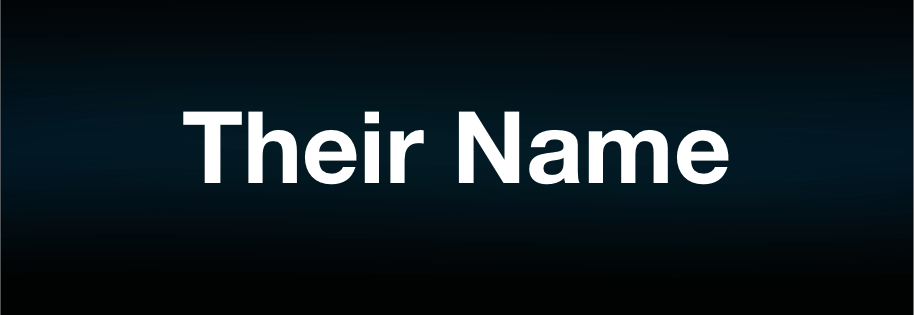
Their Name
Big surprise here, right?
People have been telling you “a person’s favorite sound in the world is the sound of their own name” since the early 1900s.
But some things become cliche because they are timeless and true.
Closed deals have a higher frequency of the rep using the prospect’s first name throughout the sales calls that span the deal cycle.
Top salespeople use their prospect’s name 4.1x per hour (on average), correlating with a 14% higher close rate.
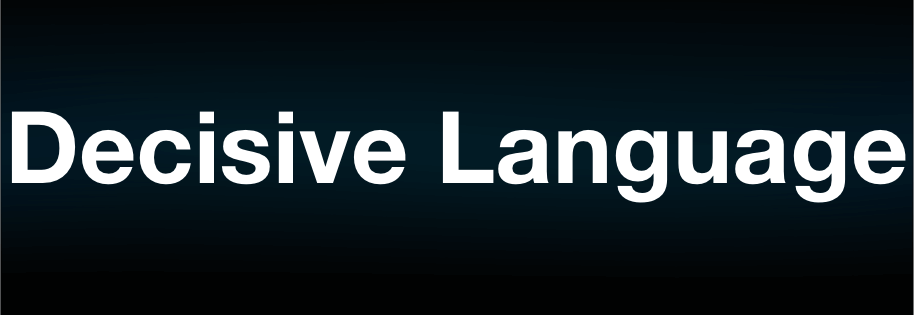
Decisive Language
Weak, waffling language is not something you’ll see your “A-players” use often.
They use crisp, decisive, persuasive word lists.
“Definitely.”
“Certainly.”
“We can do that.”
When asked a “yes/no” question, they’ll often respond with a firm “Yes” rather than going on some long explanation that reeks of insecurity.

“Client” (not “Customer”)
According to Jay Abraham (mentor of Daymond John and a godfather of modern sales and marketing techniques), a “customer” is someone who buys something from you.
But a “client” is someone who is under your guidance, advice, and even protection.
When talking to a prospect, those two power words will paint different mental pictures.
Referring to them as a “potential customer” won’t hurt you. But it may create an image of them as being just another logo on your customer list.
But when you refer to them as a “potential client,” they begin to view you as a trusted advisor who will look out for their best interest, rather than another aggressive salesperson looking to grab a commission and move on.
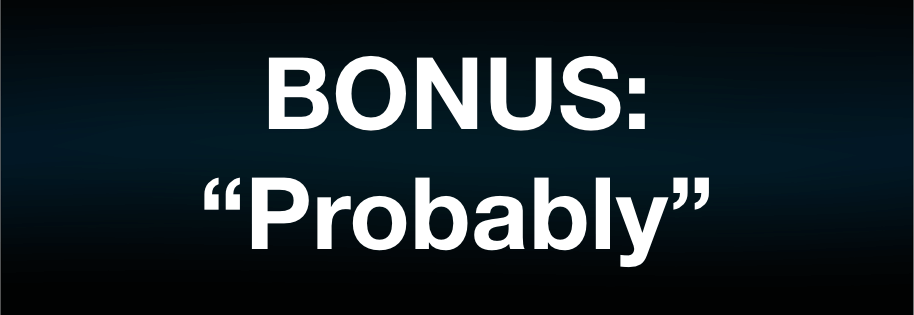
BONUS: “Probably”
Ah, doesn’t this go counter to the “decisive language” words that sell I mentioned above?
It does. But there seems to be a good reason for this exception.
Decisiveness is good, but it needs to be balanced with some “cautiously optimistic” (though not insecure) language.
It adds a touch of credibility to all of that certainty you’re exuding. It’s a word that brings you back down to earth without reeking of insecurity or indecisiveness.
Even though the word “probably” is not considered strong, decisive language, it’s also not weak language.
It’s cautiously optimistic language.
It’s language that gives your buyer’s the sense that you’re realistic. You’re not just saying anything you can to get the deal done.
Now that you know these new persuasive sales words you can start applying them into your next sales conversations.
Download These 5 EXTRA Words That Sell
When we re-ran the numbers in 2021, 4 years after this original research.
And, surprise…
We identified 5 ADDITIONAL words that sell.
P.S: Top performers use these ALL. THE. TIME.
If you’re a sales leader, one of the best ways to ensure your reps start adopting best practices like this is to have a constantly visible reminder.
So, I had our design team create a free, printable PDF with these words:
You can immediately download it, print it out, and slap that sucker on the walls of your sales floor for all to see.
Download the free PDF HERE.
Gong.io
That’s all the data I have for now.
Feel free to express your thoughts in the comments below.
And if you could, please hit the LinkedIn “share” button so other sales professionals might stumble across this data behind words that sell.
If you liked this article you may also be interested in:

